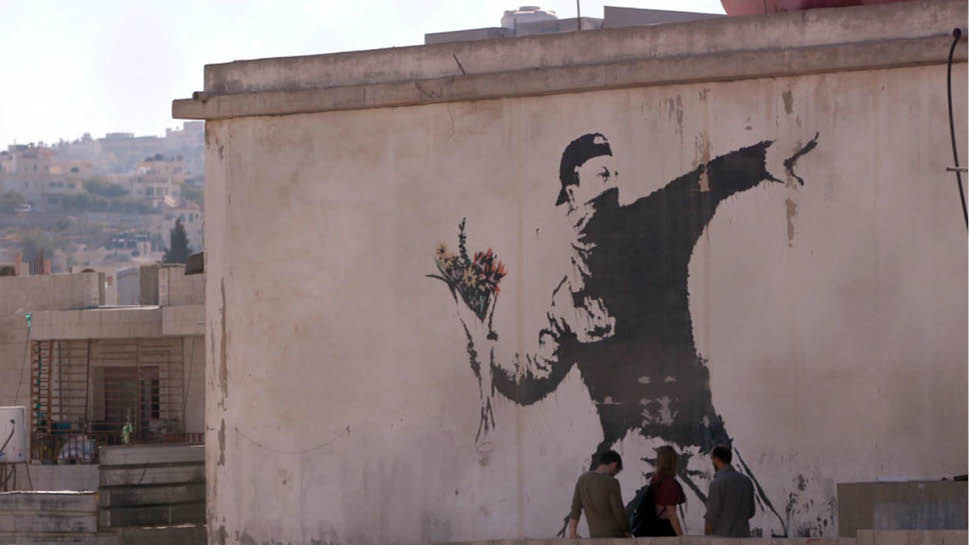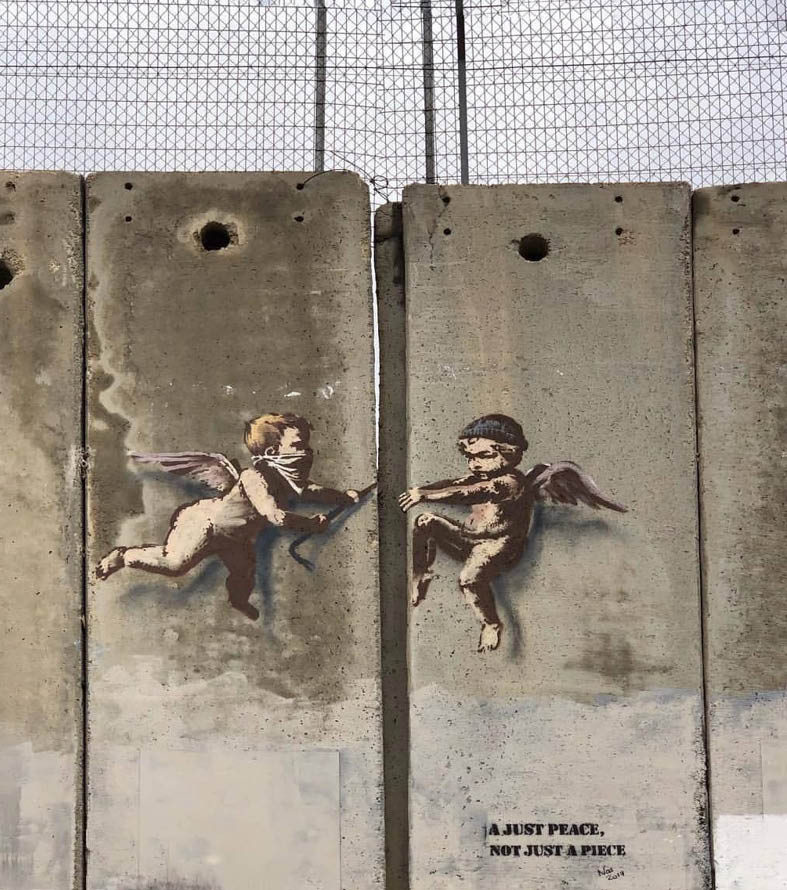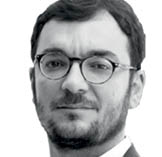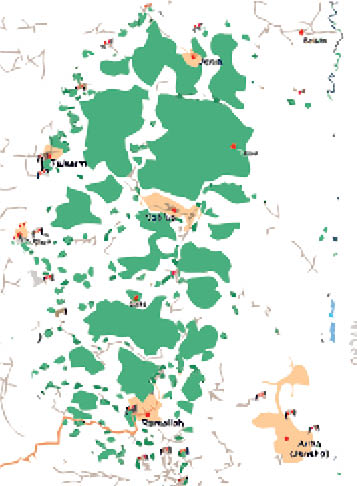The EU recently notified the Palestinian Civil Society Organizations (PCSOs) of an additional condition to the annex attached to the EU’s funding contracts, namely that civil society organizations are obligated not to deal with individuals or groups designated as “terrorist” by the EU. This includes staff, contractors, beneficiaries, and recipients of aid. The move not only further restricts the freedom of Palestinian civil society, but also criminalizes Palestinian resistance even in its most peaceful forms.
Whereas the EU claims that the new clause is not new, applied globally, not specifically targeting PCSOs, and therefore consistent with the EU policy that since 2001 avoids financing groups classified as “terrorist organizations,” it is important to distinguish between EU policy and the policies of its member states that do not necessarily reflect EU consensus toward a particular issue. In the early 2000s, when USAID started to impose the “anti-terrorism” clause vis-à-vis Palestinian NGOs, a few European states followed the American course and enforced tougher requirements on PCSOs. At the time, the EU was not directly involved in this controversy, however, and – rather than focusing on the political identity of the organizations and their staff – preferred to emphasize the professionalism, transparency, and effectiveness of the NGOs’ interventions as the main criteria for dispensing funds and supporting the implementation of projects. For many PCSOs, the timing of the recent EU move regarding financial conditionality and the political attack on Palestinian civil society are largely suspicious because they come at a very difficult time for the Palestinians.
Palestine is in a very difficult and sensitive situation: Israel is preparing to annex most of Area C of the West Bank and the Jordan Valley while increasing aggressive measures to restrict civil society space, silence critical voices, and criminalize even the most peaceful forms of protest against the occupation.
Three fundamental issues lie at the heart of the ongoing controversy. First, the EU proclamation of a “globally applied” clause disregards the exceptional nature of the Palestinian context which is subject to military occupation and settler colonialism. Although the EU recognizes the Palestinians as stateless, it fails to translate this recognition into an approach that acknowledges the political sensitivities and complexities in Palestine. Second, the EU position confirms its double-standard policy toward the conflict: While it lists many Palestinian movements in its “restrictive measures,” it refrains from listing Israeli settler and far-right movements that have been involved in waging systematic terror attacks against Palestinian civilians. Third, the legitimate campaign of PCSOs to resist the EU conditionality is a cumulative outcome of many years of frustration with international aid, as many CS activists believe it is causing harm rather than empowerment.

Israel has recently intensified aggressive measures to restrict civil society space in the occupied Palestinian territory, including the arbitrary detention and arrest of numerous civil society activists, citing “security” justifications to hinder the work of local organizations, waging smear campaigns to delegitimize these organizations’ work, and pressuring international organizations and donors to defund Palestinian NGOs. This is particularly evident concerning legal organizations that use international law to report human rights violations, such as Al-Haq and Addameer. These measures target development organizations that implement projects in Area C to support the steadfastness of local communities suffering at the hands of the Israeli military and settlers, such as the Bisan Center for Research and Development, whose director, Ubai Aboudi, was recently arrested by Israel and is being held without charge in administrative detention.
The added conditionality must be placed in context with the increasing capacity of Israel’s colonial enterprise to invent new mechanisms of control. One wonders whether the EU’s insistence on imposing this condition, despite protests by PCSOs, coincides with Israel’s systematic campaign to obstruct the work of Palestinian organizations and silence their voices, especially those engaged in revealing and reporting on Israeli colonial practices, human rights violations, and crimes?
Influential right-wing organizations in Israel, such as NGO Monitor – which attacks Palestinian non-profits and their international partners with false claims of, for instance, “terrorism” and “anti-Semitism” and has the support of the Israeli government – have also been lobbying and mobilizing against funding even the most moderate currents within Palestinian civil society. Problematically, the EU definition of “terrorism” echoes the Israeli perspective and therefore largely serves the associated interest to suppress critical Palestinian voices.
The EU move comes at a very difficult time for the Palestinians: Israel is preparing to annex most of Area C and the Jordan Valley; the Palestinians are weak, fragmented, and divided; the PA has become a de facto enforcer of Israeli security; and the Palestinian cause has in recent years become marginalized and is no longer a regional priority. The EU restrictions add to these factors by criminalizing many Palestinian organizations that embark on moderate forms of resistance through international law and advocacy and support the survival of communities. These restrictions will, therefore, not only contribute to further marginalization of the Palestinian cause but will also facilitate the institutionalization of Israeli colonial expansion because many organizations will not be able to sustain their operations in monitoring and reporting Israeli crimes if they fail to find alternatives to the EU funds.
More specifically, many Palestinian resistance movements and various individuals and families will be affected by the addition to the policy. For example, people who were arrested at some point in their past, including those held in internationally-denounced administrative detention and currently engaged in civil society activism, can be classified as “terrorists” and therefore disqualified from receiving funding. Also, organizations and groups that support the BDS movement and its activities are typically seen as a threat to Israeli interests, and campaigns to delegitimize their activism, not only in Palestine but also in several EU states, will likely increase.
There is a marked contradiction between EU rhetoric and policies. For instance, the EU proclaims it will not recognize an Israeli annexation of Area C or the Jordan Valley; by cutting aid, however, it hinders the work of Palestinian NGOs that support communities threatened by Israeli dispossession in these areas. In effect, the EU will be complicit in the dispossession process, even if it claims it does not recognize any potential annexation.

So far, Palestinian civil society has mobilized its constituents and networks to reject this move. The Palestinian National Campaign to Reject Conditional Funding issued a statement*1 that harshly criticizes the EU policy, asserting the outright rejection of politically conditional funding. The statement proclaims the organizations’ commitment to this position – to the extent that they will remain steadfast even if it “leads to the collapse of our organizations and the inability to perform our vital work.”
* For the full version of this article please visit the website of Al-Shabaka at https://al-shabaka.org/commentaries/criminalizing-palestinian-resistance-the-eus-new-conditions-on-aid-to-palestine/
*1 Badil Resource Center for Palestinian Residency and Refugee Rights, “Against Terrorism and Against Conditional Funding: Statement of the National Campaign to Reject Conditional Funding,” December 2019, available at http://www.badil.org/en/publication/press-releases/90-2019/5033-pr-en-301219-65.html



